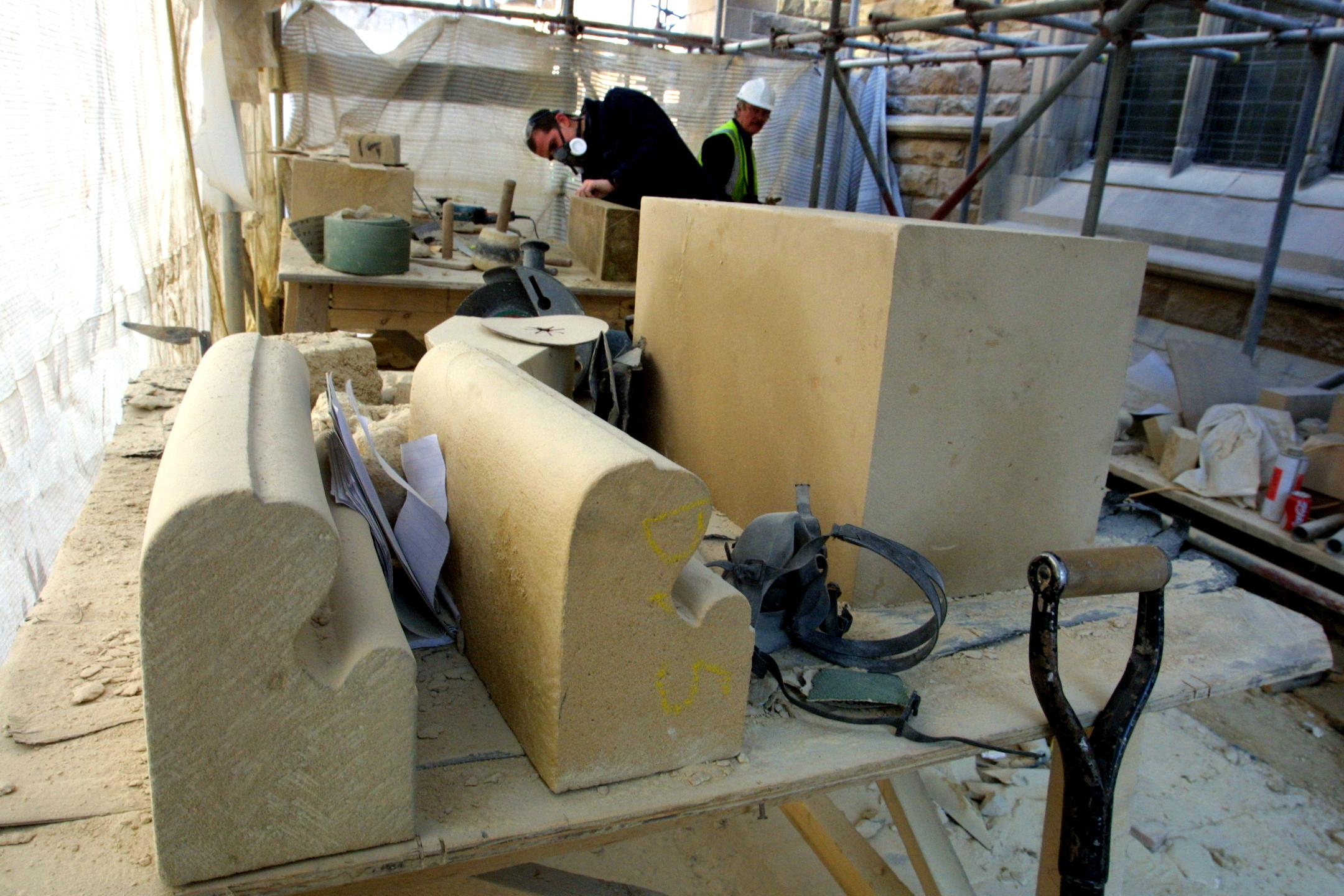
What if things go wrong?
It is highly unlikely that you will get through a large and complicated building project without something going wrong.
Usually this will be something small and fixable, but sometimes it can turn into something bigger and more complicated or have knock on effects for the rest of your project.
Your project officer should be made aware of issues as soon as they arise.
Try and keep communication between everyone involved as open as possible, so that you are fully aware of the problem and possible solutions, and can make informed decisions about how to proceed.
Delays
Most projects will see some kind of delay, or project slip. Always allow for a small amount of delay in your timetable, but if something bigger threatens your project try and pull the project back into line with your plans.
It may be that replacing your roof uncovers an insect infestation in roof beams, or digging for a new heating system unearths archaeology, or simply that your project officer is off work sick... all of these things, and many more, may have a large or small effect on your timetable.
In the case of small delays, you should be able to find a solution and keep pushing the project forward. However, when longer delays are anticipated, they may result in increased costs or may affect some of the funding you have in place. There will be a solution, talk to everyone (including funders), find out exactly what is involved and work with your project team to develop a new timetable with which everyone is happy.
Problems with contractors
Some projects do encounter problems with contractors, architects or other professionals employed as part of the work.
The best cure is prevention. Ensure you use a reputable contractor, perhaps found through word of mouth or one who belongs to a recognised trade body. Check all references, and speak to previous clients.
Contractors are not mind readers, so ensure that all your project plans and documentation are as detailed as possible, and spell out what it is you want to do and why. Do this before signing contracts so that everyone involved is clear about the end they are working to, and their part in achieving that end.
Never pay for all the work upfront. Agree a payment schedule for each stage of work. Ideally, you should only release money when each stage of the work is finished to the specification provided and to your satisfaction.
If you think the workmanship on your job is substandard, you could ask your architect to inspect the work so far (which should be happening on a regular basis anyway) or hire a building consultant to do an independent check.
If your contractor goes out of business speak to your architect, trading standards, or local Citizens Advice Bureau for advice.
Increased costs / not enough money
Sometimes contractors take an optimistic view of a job and underprice. This combined with perceived pressure from funders to take the lowest estimate can lead to actual costs being higher than expected. Try and avoid this by getting a variety of estimates for each job, and looking carefully to ensure that each is meeting your specification. Talk to funders about which estimate you think is best suited to your project, if you have good reasons to substantiate your choice many funders will approve it even if it is not the lowest.
If costs do increase substantially you may be able to approach your funders to ask for increases to grants. If this is not possible, then you could seek funding by applying for new grants, but remember that you should apply for funding for work which has not yet taken place.
If you find that you have not been able to raise as much funding as you need, it might be worth looking into loans or other solutions. This could be done through your bank or specialist charity and church loans, or by asking local people to make a loan on top of their donation. In either case agreements should be carefully drawn up and adhered to.
